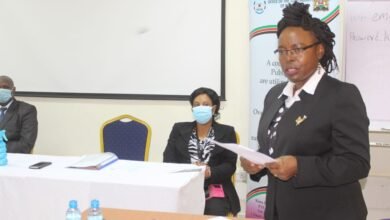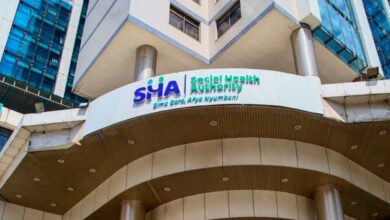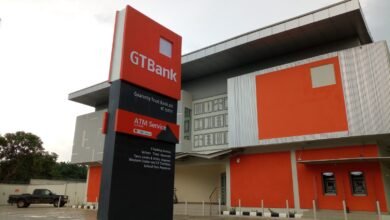
A recent report by the African Future Policies Hub has revealed slow progress in addressing Africa’s critical need for climate financing, debt solutions, and transparency within the global financial infrastructure.
The report, titled “Assessing Progress Towards Reforming the Global Financial Architecture: An African Perspective,” highlights the continent’s uphill battle in advocating for equitable reforms that would address long-standing imbalances, particularly in the IMF quota system and multilateral development banks (MDBs).
Enhanced Representation, But Structural Challenges Remain
One notable development is the increased influence of African nations in global financial institutions. The admission of the African Union into the G20 and the appointment of a third sub-Saharan African representative to the IMF executive board mark significant steps towards enhancing African voices in global decision-making. However, despite these advances, the IMF’s quota system remains skewed, with African nations holding a disproportionately small share. This imbalance underscores the need for more substantial reforms that reflect Africa’s growing role in the global economy.
Climate Finance: Progress and Persistent Gaps
Africa’s push for greater climate finance has seen mixed results. While there has been progress in loss and damage mechanisms, commitments to adaptation finance have fallen short of expectations. Daouda Sembene of AfriCatalyst stressed that the current trend of Africa receiving international climate finance primarily in the form of market-rate loans is unsustainable. Sembene called for more concessional loans and grants to help African countries mitigate the impacts of climate change.
The report also highlighted concerns over transparency in climate finance, with questions surrounding the effectiveness of “new and additional” resources. Without clarity on these funds, African nations risk inadequate financing for crucial climate actions.
Multilateral Development Bank Reforms and Debt Challenges
While MDBs have begun to implement reforms, progress has been uneven. Critical priorities for Africa, such as the re-channeling of Special Drawing Rights (SDRs) through the African Development Bank, have yet to be fully operationalized. Progress on capital efficiency and country engagement has also been limited, leaving African countries at a disadvantage when it comes to accessing much-needed development finance.
Debt concerns continue to loom large, with the G20’s Common Framework for Debt Treatment showing little progress in addressing high borrowing costs and the lengthy debt resolution process. Maria Nkhonjera, Senior Policy Lead at the African Future Policies Hub, noted that these unresolved issues put into question the transparency and accountability frameworks within the global financing ecosystem.
Calls for a Needs-Driven Approach
As African leaders prepare for upcoming global negotiations, there is a growing call for a needs-driven approach to finance. The report advocates for a New Collective Quantified Goal (NCQG) that aligns with Africa’s significant financial needs for climate adaptation and mitigation. Additionally, African negotiators are pushing for the establishment of a legally binding UN tax convention to address tax avoidance and evasion, which could help African nations generate domestic resources for development.
A Critical Moment Ahead of COP29
With COP29 on the horizon, Faten Aggad of the African Future Policies Hub emphasized the importance of reviewing progress on financial reforms that are key to generating the trillions of dollars required for climate action in developing countries. While there have been positive developments, Aggad acknowledged that much more needs to be done to meet the unique needs of African countries.
As the global community prepares for critical negotiations, the African Future Policies Hub report calls for continued political pressure and targeted advocacy efforts to drive meaningful reforms. Without a concerted push for change, Africa risks being left behind in the global financial and climate finance arenas, despite the continent’s clear need for transformation and development.





